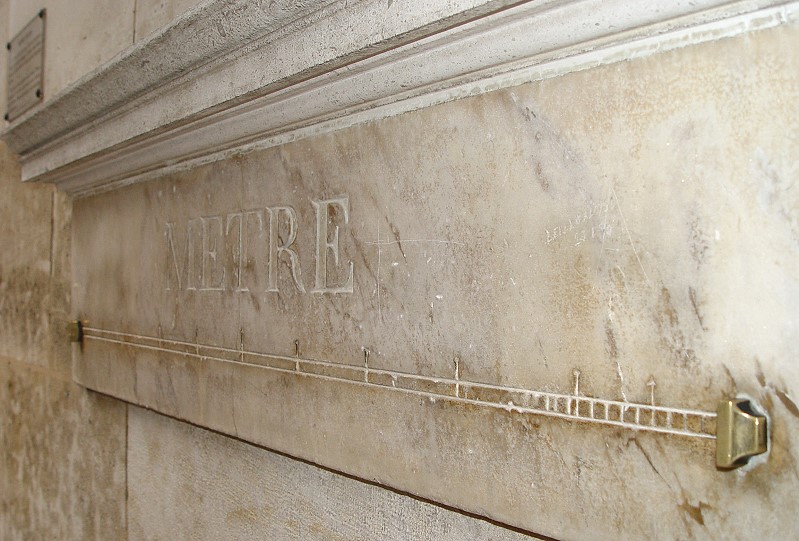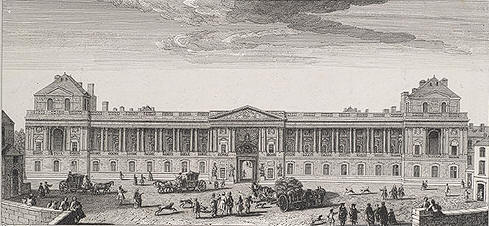

Thomas Paine's Age of Reason (1794)

the Age of Enlightenment (1791-1815) in 1791 the French defined one meter to be equal
to 1/10 000 000th of the distance from the pole to the equator along the meridian through Paris

public museums (1793)

the Cult of Reason (November 10, 1793)
the French revolution (1789-1799)
feminism (1785)
An Answer To The Question: What Is Enlightenment? (1784)
Gotthold Ephraim Lessing's Nathan der Weise (1779)
the American war of Independence (1775-1783)
the Encyclopædia Britannica (1771)
Sturm und Drang (1767-1785)
Rousseau's Discourse on Inequality (1754)
l’Encyclopédie (1751)

As Rousseau walked to Vincennes to visit Diderot in prison (1749) he read in the Mercure de France of an essay
competition sponsored by the Académie de Dijon, asking whether the development of the arts and sciences had
been morally beneficial. Rousseau claimed that this question caused him to have a moment of sudden inspiration by
the roadside, during which he perceived the principle of the natural goodness of humanity on which all his later
philosophical works were based. As a consequence of this, he answered the competition question in the negative, in his
1750 "Discourse on the Arts and Sciences", which won him first prize in the contest and gained him significant fame
the Celsius temperature scale (1742)
deism (1700)
Hobbes' Leviathan (1651)